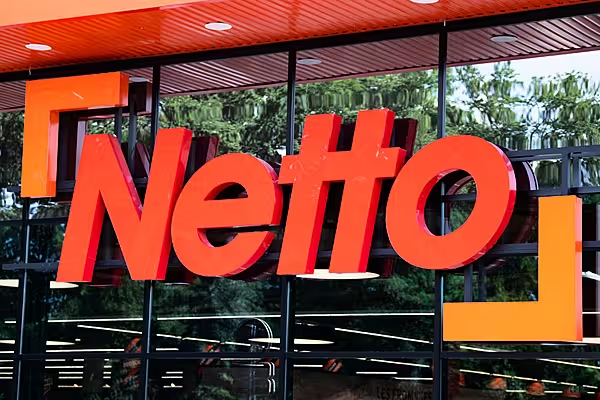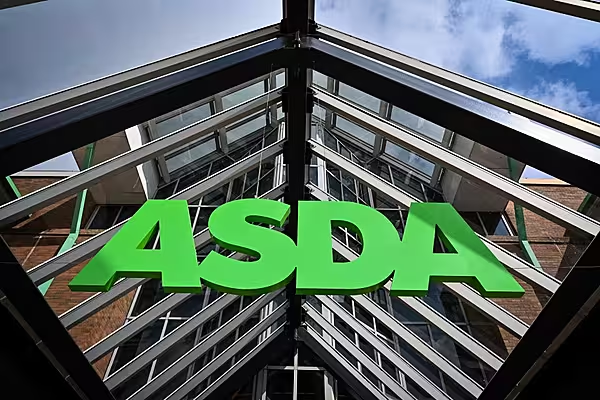Associated British Foods, Coca-Cola, Danone, General Mills, Kellogg, Mars, Mondelez International, Nestlé, PepsiCo and Unilever collectively emit more greenhouse gases than the Scandinavian countries, according to international charity Oxfam.
The charity’s new report, Standing on the Sidelines, says the ten global food and drink firms companies collectively emit more greenhouse gases than Finland, Sweden, Denmark, Norway and Iceland each year.
In its analysis of the Carbon Disclosure Project for company emissions and country emissions, Oxfam warned that the companies risk financial ruin if they do not do more to combat the climate crisis.
The FMCG companies are capable of reducing the combined emissions by 80 million tons by 2020, said Oxfam.
The firms generate £650 million a day in combined revenues.
Kellogg and General Mills were singled out by Oxfam as being two of the worst on climate change policies.
Oxfam called on the two companies to disclose their agricultural emissions and biggest polluting suppliers.
The charity also said the firms should set targets to cut emissions from their supply chains.
“By failing to cut emissions adequately the ‘big 10' are putting short-term profits ahead of the long-term interests of both themselves and the rest of us,” said Sally Copley, director of UK campaigns and policy at Oxfam.
“Their influence and wealth are the perfect ingredients to stop putting their businesses at risk and making climate change worse."
“We are working to reduce greenhouse gas emissions – along with energy use and water use – by 15–20% at our manufacturing facilities by 2015,” said Kellog.
“Oxfam has recognised our commitment to working with global palm oil suppliers to source fully traceable palm oil, produced in a manner that’s environmentally responsible, socially beneficial, and economically viable."
General Mills said that the company has been “actively engaged in positively influencing climate policy” and had been taking steps to reduce greenhouse gas emissions in its operations for many years.
© 2014 - European Supermarket Magazine











